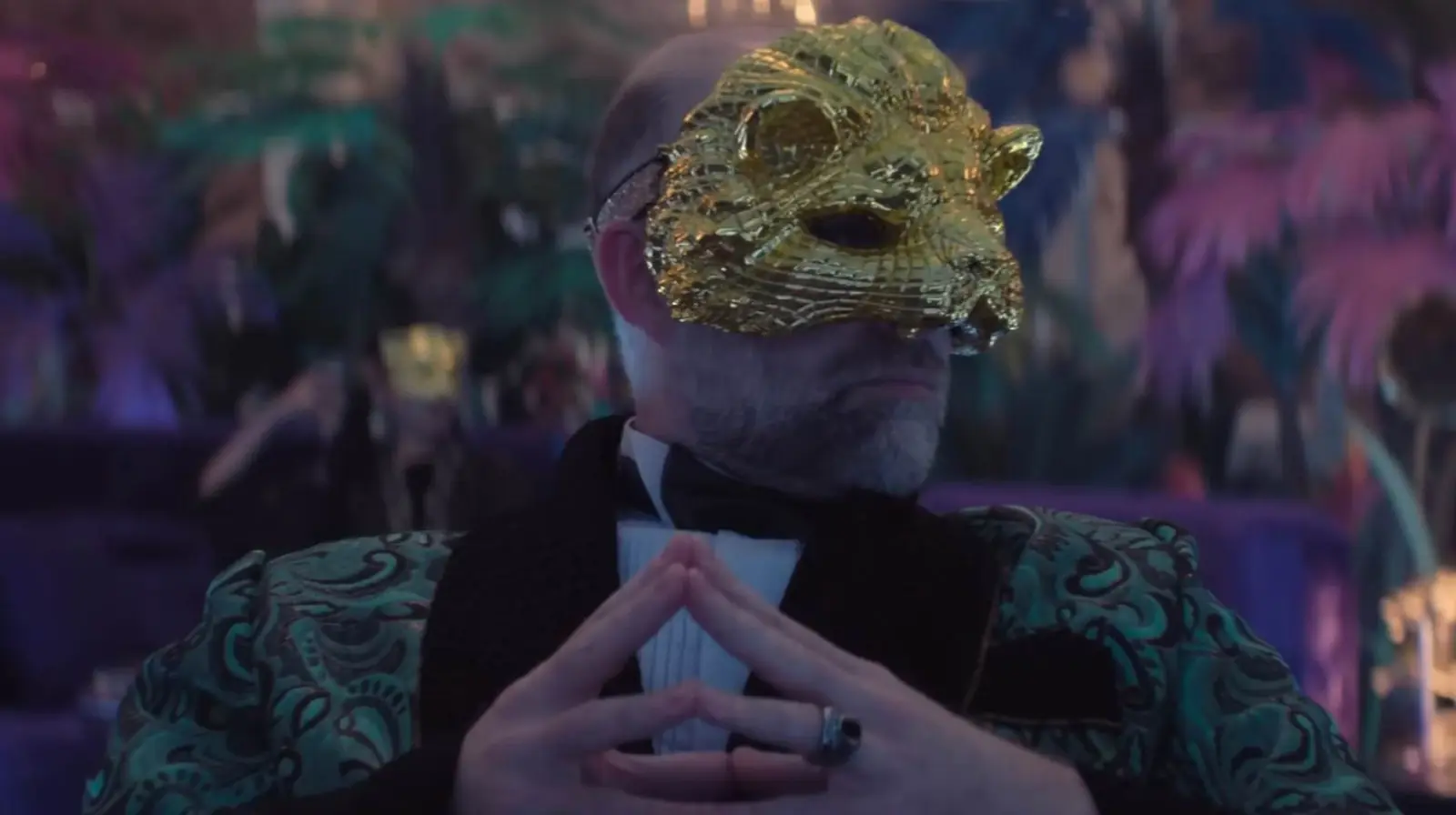In the ever-evolving world of technology and entertainment, artificial intelligence has emerged as a significant game changer. However, not all developments have been welcomed with open arms by those in the public eye. Recently, Grammy-winning sensation Billie Eilish expressed her disapproval of AI-generated content that misrepresented her presence at a high-profile event.
The young pop star took to social media to address a peculiar incident involving AI-generated photos depicting her at the annual Met Gala. Eilish was quick to clarify, asserting, “I wasn’t even there.” Her candid response accompanied a striking image of her supposed appearance at the star-studded event.
This digital misjudgment unfolded as AI technologies continue to advance, allowing the generation of hyper-realistic images that blur the line between reality and fabrication. While these tools have their advantages, such as aiding creativity and content generation, they also pose the risk of disseminating misleading information.
Eilish further elaborated on her absence from the event by explaining that she was performing overseas on the same night. “I had a show in Europe that night,” she stated, illustrating an inherent flaw in the AI’s creation – it ignored the factual timeline and logistics of her commitments.
The AI-generated visuals depicted Eilish donning an extravagant ensemble, befitting the Met Gala’s typical flair, and gesturing to the crowd. While the images themselves were impressive and seemingly authentic, the fact remains that they were entirely fictional. This instance highlights a growing issue within the entertainment industry concerning the ethical use of AI technology.
As technology continues to shape our reality, this incident prompts a broader discussion about the repercussions of AI applications in media and celebrity culture. The ability to superimpose individuals into events they never attended, while entertaining, can lead to confusion and misrepresentation. It raises profound questions about the limits of AI’s influence and the importance of verifying actual human presence at events.
Billie Eilish’s response also speaks volumes about the importance of maintaining control over one’s image and narratives in a digital age where truth can be easily distorted. For celebrities, navigating public perception is a delicate art, and incidents like these underscore the need for clear communication channels between public figures and their audiences.
Furthermore, this issue extends beyond the boundaries of individual celebrities. The potential for AI to create unrealistic expectations or judgments based on fabricated imagery can impact entire industries, potentially affecting brand reputations and public trust.
The Met Gala, an annual fundraiser for the Metropolitan Museum of Art’s Costume Institute in New York City, routinely serves as a glamorous gathering of celebrities, designers, and influencers. Known for its extravagant themes and high-fashion moments, it garners worldwide attention and is a prestigious moment for attendees. The event’s exclusivity and cultural weight make it an attractive subject for speculative AI creations.
As AI becomes more integrated into content creation, media professionals and consumers alike bear the responsibility of ensuring accurate and truthful representation. Social media platforms are already grappling with the challenge of regulating content to prevent the spread of misinformation, and the entertainment industry may need to adopt similar strategies to preserve the integrity of public events.
Many argue that steps such as digital watermarks or other authenticating tools could help distinguish real images from AI fabrications. Implementing technological solutions could provide a layer of transparency, building consumer trust while allowing AI to coexist within the creative space responsibly.
These conversations are not merely philosophical but have tangible acumen for industry practices moving forward. Engaging both the public and policymakers in dialogue about the ethical implications of AI in media is crucial to navigate these uncharted waters effectively.
The incident serves as a powerful reminder of the changing landscape of media consumption and production. For public figures, it signifies a call to action to safeguard their likeness, ensuring that technology is utilized to enhance rather than obscure their real-world contributions.
Billie Eilish’s response encapsulates a broader sentiment shared by many in the public eye, highlighting the need for awareness and understanding in how AI-generated content is handled. As this technology matures, continuous dialogue will be fundamental in balancing innovation with authenticity, ultimately preserving the truth amid the digital din.
In closing, as audiences around the globe become more media-savvy, they too play a critical role in demand for accuracy and accountability in digital content. It is through collaborative efforts that the entertainment industry can strategically harness AI’s potential while safeguarding the integrity of celebrity endorsements and public personas.






